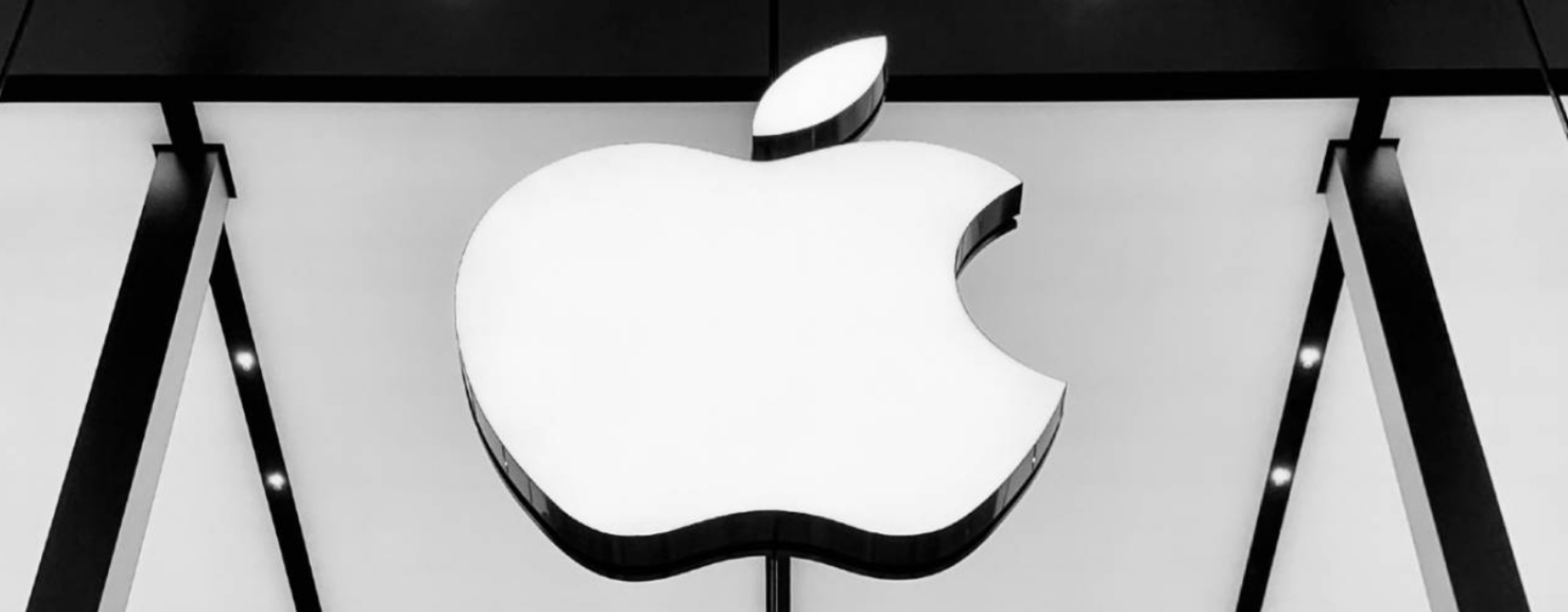The basics of the compliant
Apple joins Google, Meta, and Amazon as Big Tech that currently are working through cases with the DOJ.
While the DOJ is taking a unique approach to each case, they all share the common thread that the government doesn’t like the power that they have all accumulated over the past decade. This position stands in contrast to consumers’ view which is mostly positive on the value they get from Big Tech.
Specifically, the complaint against Apple is focused on five topics, four of which I see as impacting Services.
- Blocking of Super Apps. If they were allowed it would make it easier to switch between iPhone and Android by purchasing a new phone, signing into your super app, and then you’re off and running.
- Blocking cloud-based video game apps. Apple offers its cloud-based game platform, Arcade, but blocks third party cloud-based games.
- Blocking Cross-Platform Messaging Apps. Some of the features of iMessage are limited to iPhone to iPhone.
- Block some functionality of third-party Watches. For example, you can’t use a Samsung smartwatch to find your iPhone.
- Blocking third party digital wallets. For example, Venmo cannot launch with a double tap of an iPhone button.
